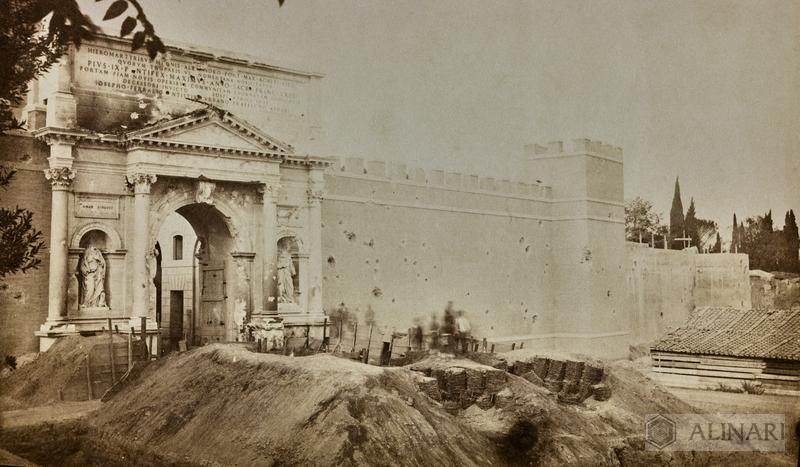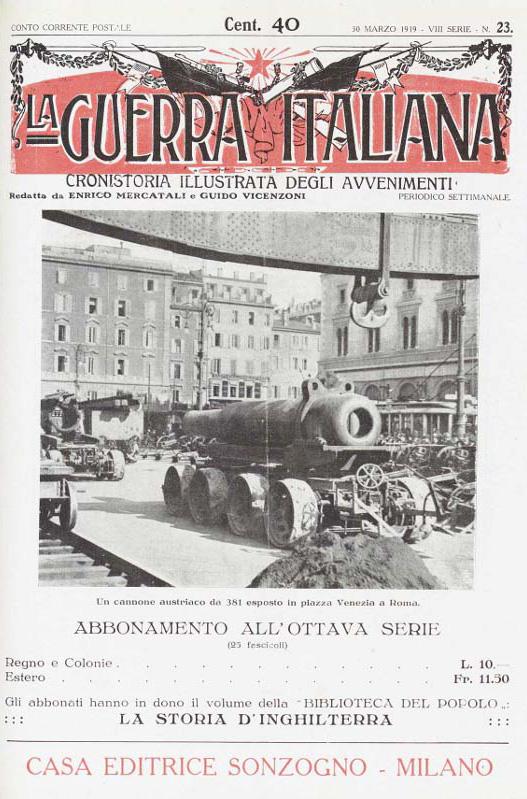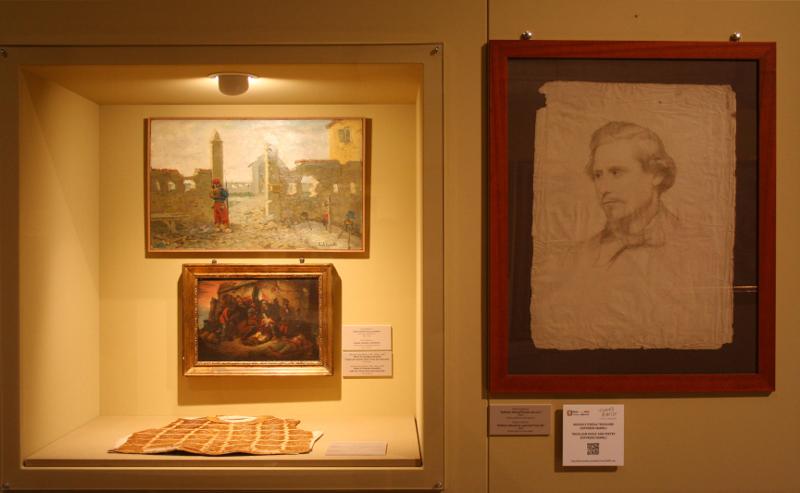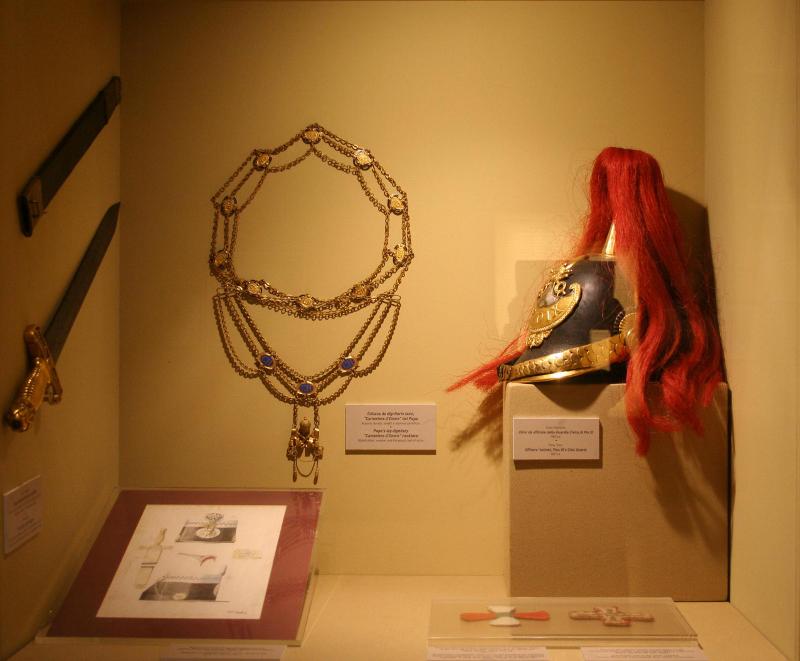The Museum of the Risorgimento includes the Great War.
The renewed conflict with Austria-Hungary extends the Risorgimento process up to 1918
For a long time, historians agreed to allocate the end of the Risorgimento to the breach of Porta Pia, on 20th September 1870, and to the consequent resolution of the 'Roman question'. On 24th May 1915, Italy officially entered the First World War alongside the Entente powers. The declaration of war on Germany and above all on the Austro-Hungarian Empire helped to forge a particular historiographical design: that conflict could, indeed had to, be interpreted with a Risorgimento viewpoint, that is as the IV Italian War of Independence.
The reaction of the National Committee for the History of the Risorgimento was therefore immediate. Through a circular dated 1915, its president Paolo Boselli indicated that all provincial committees should get to work to collect materials on the on-going conflict. In 1919 a Royal Decree stated that the National Committee for the History of the Risorgimento should extend its powers to the Great War as well.
In 1924, Victor Emmanuel III reaffirmed the new historiographic interpretation and projected it to the Museum of the Risorgimento, still to be implemented "in the halls of the Vittoriano". The Museum, which at the time was still under construction, would narrate "the history of the Italian Risorgimento, from the preparatory period of unity and independence to the last victorious war".














